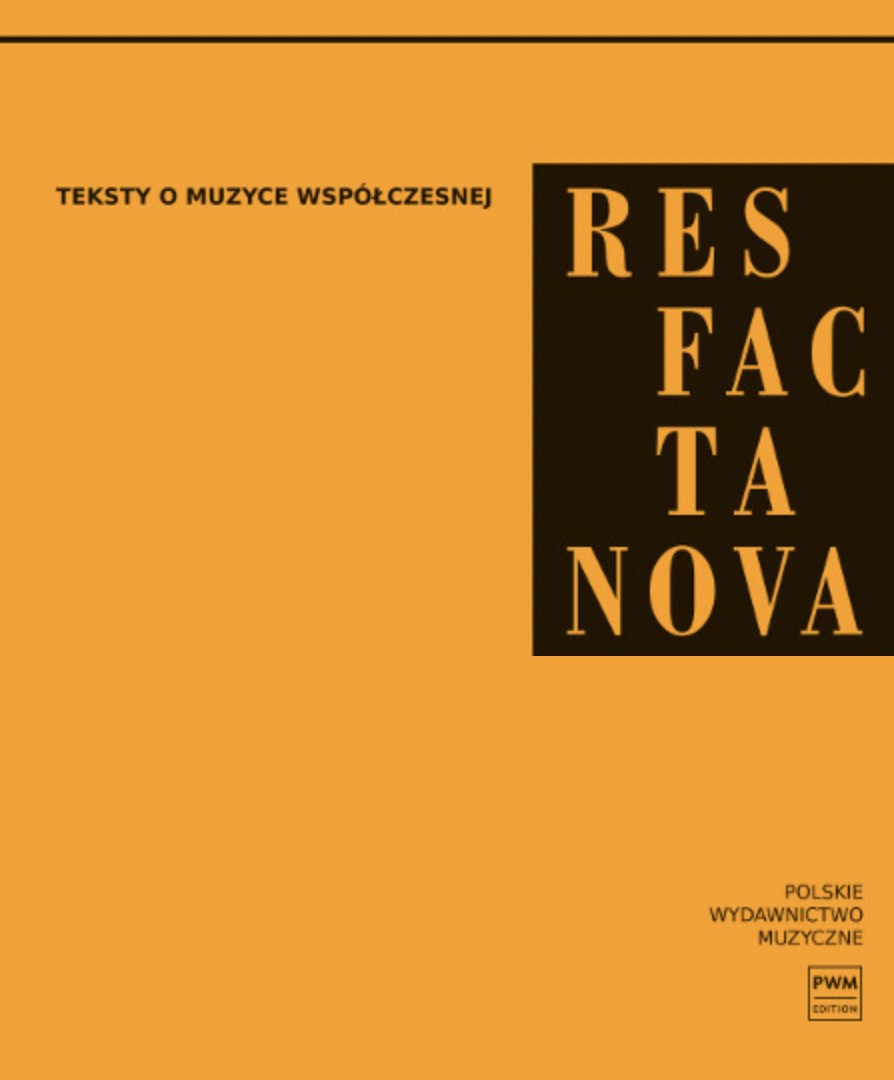Gra kompozytora z percepcją słuchacza na przykładzie twórczości Witolda Lutosławskiego
The composer’s game with the perception of the audience on the example of Witold Lutosławski’s works
Author(s): Anna Zawadzka-GoloszSubject(s): Fine Arts / Performing Arts, Music
Published by: Polskie Wydawnictwo Muzyczne
Keywords: overtone hearing; effective surprise; auditory scene; perceptual trick; controlled aleatoricism; games with time;
Summary/Abstract: The title issue of this article is preceded by reflections on the problem of perception as such, taking into account the perspective of the author’s creative and pedagogical experiences. The examples of perception problems of music-educated students, especially as part of the process of developing the auditory intellect (hearing education), are the bases of the introduced hypotheses and attempts to diagnose the problem.One of the theses in this article is that the consciousness and know-ledge of the mechanisms of perceptual hearing (both its possibilities and limitations) should accompany the creator of the musical creation.There is also an attempt to answer the question who the composer and who their listener is today.The distinction between the “composing creator” and the “creating creator” is emphasized.Attention is drawn to the problems of the perception of a con-temporary work; listeners’ habits, resulting from knowledge limitation and lack of development of the so called “cognitive attention”, limit the acceptance of new aesthetic and technical attitudes. The “perception shock” caused by the inflow of unknown information does not allow the strategy to organize the visual or auditory scene into a logical whole.The emergence of new sound qualities and their new aesthetic categorization (melodies of colors, melodies of textures, harmonies of colors, etc., and a new approach to time and space) in the 20th and 21st century music, requires “guiding the listener on the new sound stage” and opening them to appropriate perceptual strategies. Witold Lutosławski’s work – in the context of his philosophy of creation, becomes a unique example of inviting the listener to the perception game, which is based, above all, on the composer’s desire to meet his audience in a deep aesthetic experience.
Journal: Res Facta Nova
- Issue Year: 2018
- Issue No: 19 (28)
- Page Range: 61-72
- Page Count: 11
- Language: Polish

